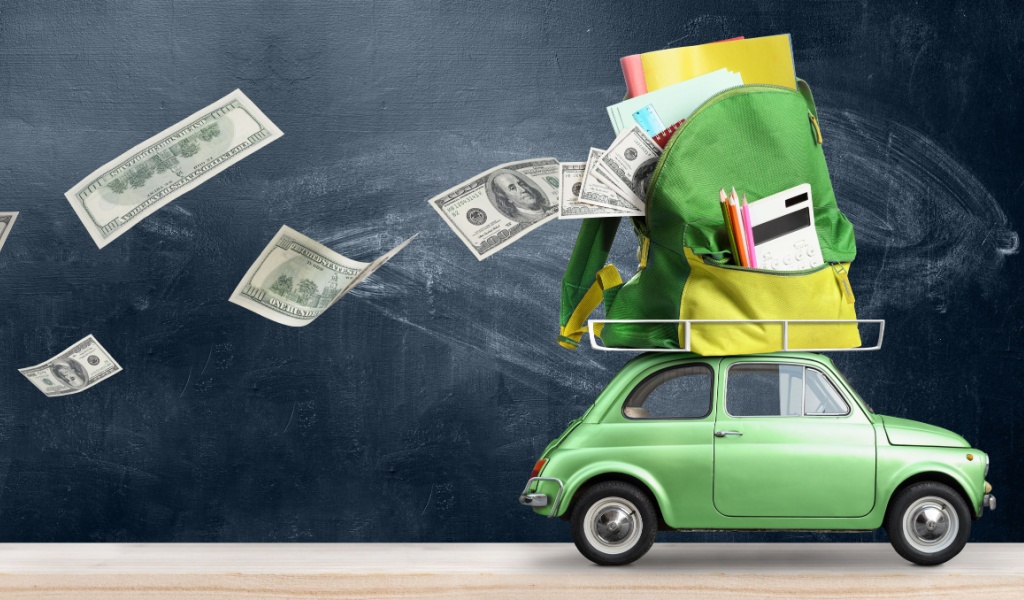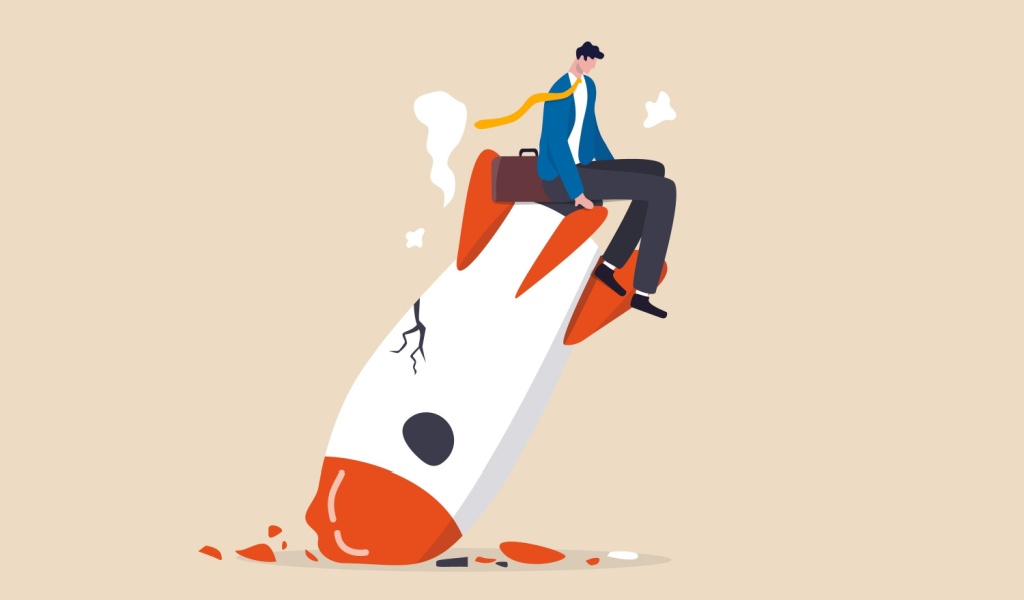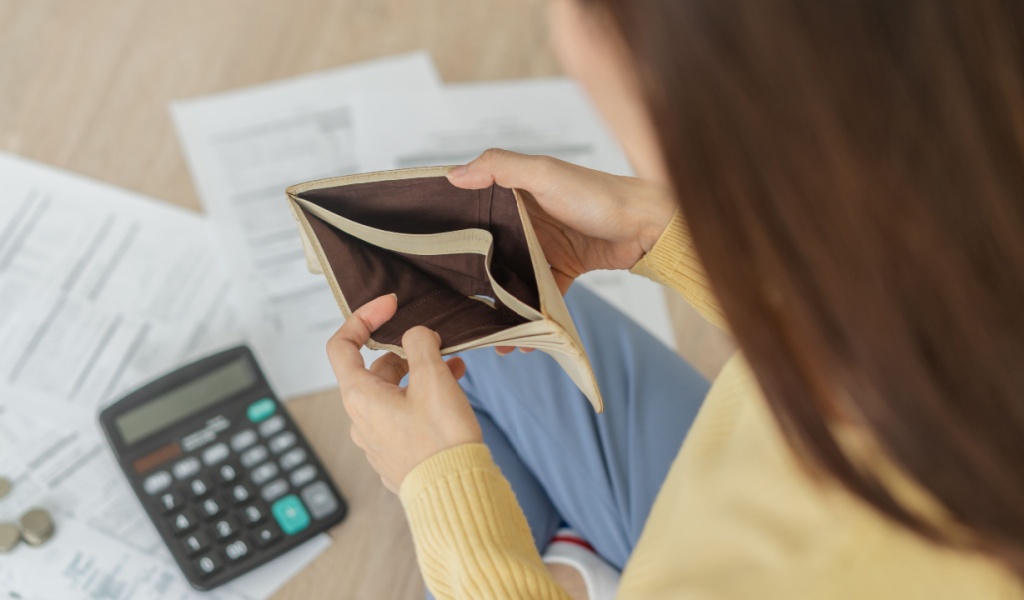A cash flow is a way to measure the way money moves, i.e. how and how much comes in and goes out. In terms of personal cash flow, we consider income and expenses. How much money you may and in what ways and how much money you spend and for what makes up your personal cash flow.
If you make more money than you spend, you will have a positive net cash flow, and if it’s the other way around, it will result in a negative net cash flow. Naturally, all of us would like to have a positive cash flow. And even if you don’t spend more than you earn, it is likely that you’d still like to improve it.
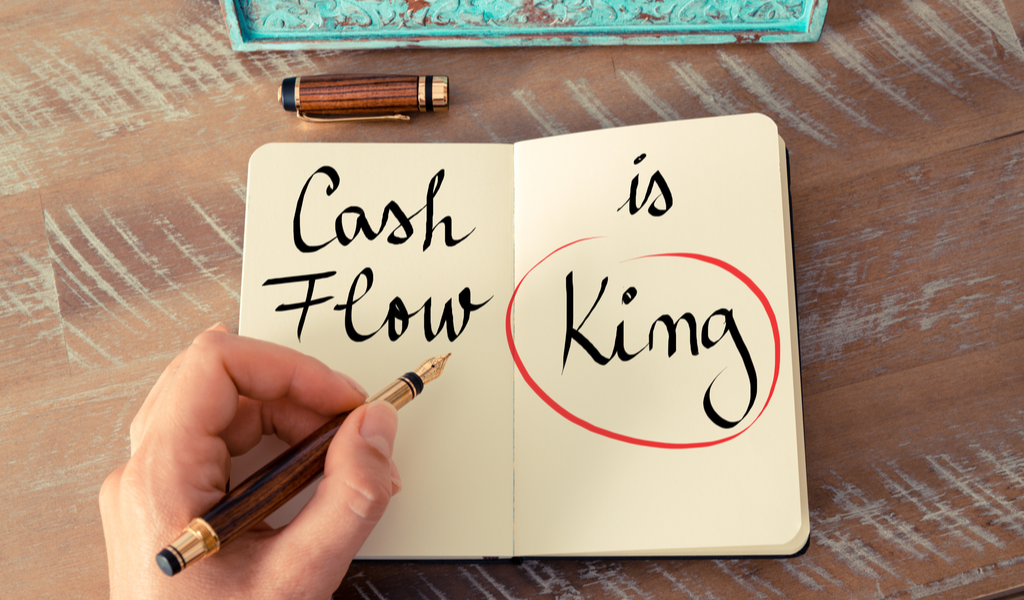
Just Spend Less
The simple fact of the matter is this: the best way to increase your personal cash flow is to spend less money. Well, the fact may be simple, but it can be a lot more difficult to actually put it into practice.
Most of us are pretty good at making smart choices when it comes to purchasing big-ticket items like a car or home appliance. We carefully compare the prices and value of different models and set a budget so we can make the best decision. However, it’s those small, seemingly inconsequential costs that can be the real issue.
Here are some of the most common avenues of expenses that we tend to spend more on than is necessary:
Food
For instance, one of the biggest money-wasters is food. Of course, you need food to sustain yourself, but do you need to eat out every single for every single meal? Even if it’s just fast-food or “cheap” food, typically under $5, that’s $10-15 a day and nearly $100 a week! This number increases drastically when it comes to high-cost meals at restaurants.
Take that amount of money to the grocery store to buy fresh fruit and vegetable and it can last you at least 2-3 weeks. Even if you don’t cook every meal at home, you can save a significant amount of money by eating out less often. If you save just $50 per week, that’s $2500 a year!
Groceries
Speaking of the grocery store, did you know that one of the places that customers spend way more than they intended to is the grocery store? This is a tough one, too, because everything you buy there is seeming “not a waste”. But there are many ways that you can end up spending more than you need to.
You may have heard that grocery stores place things like gum and candy at the checkout so customers buy them on impulse (or boredom) while standing in line, but that is only one of the many tricks that grocery stores employ to increase your spending. For instance, did you know they place essentials like vegetables and dairy at the far end of the store so you will have to pass through several aisles, where you are likely to pick up a thing or two before you can get there? They also place higher priced brands of the same product at eye level and the cheaper stuff at the bottom.
One of the best ways to avoid overspending at the grocery store is to make a shopping list and carry enough cash to only cover the things on it. Also, never shop while you’re hungry, and don’t bring the family along, either!
Household Items
The average individual spends a lot of money on typical household items, but is every one of those things something you actually need or something you bought on a whim because it seemed interesting or useful at the store? Now answer me this, how many of these “interesting” things that you bought are now lying in the back of a drawer somewhere after just being used just once or twice? Cutting unnecessary costs like these can make a huge addition to your personal cash flow.
Clothes and Cosmetics
If you’re one of those people who proudly proclaim that you don’t even buy anything that isn’t branded, just stop! Did you know that when you purchase a “branded” item, almost half the money you’re paying for it went into advertising that made it so recognizable to you in the first place?
We’re not encouraging you to buy cheap clothes that are flimsy and of poor quality, but there’s a middle ground between “disintegrates the first time you wash it” and “this costs half your salary because the name on the label is famous”.
As for cosmetics, even beauty gurus will admit that drugstore brands can be just as good as the popular brands. The next time you’re shopping for makeup, do a price comparison between the top brands and the generic ones and see just how much you could be saving!
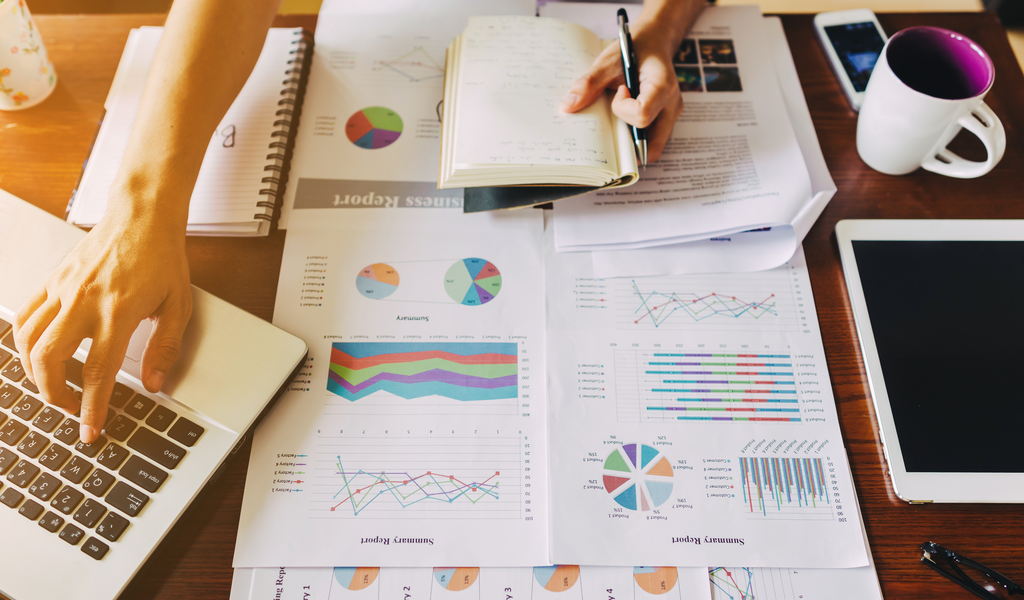
Do It Yourself
Get over the habit of calling up a professional every time something happens to break or not work around the house. Learn to do minor repairs and fixes. These may not seem like big expenses individually, but you can save a lot of money by upgrading your skills. Keep in mind that this does not mean trying to “hack” it when there’s a bigger issue that can only be properly resolved by a professional!
Be Vigilant
In general, being conscious about saving money can help alter your habits so that they become second nature to you. For instance, make sure to turn the fans and lights off whenever you leave a room, or keep the thermostat higher in the summer and lower in the winter. If you have to make long-distance calls, schedule them during off-peak hours, or reduce your internet bill by downloading big files after midnight.
The best way to increase your personal cash flow is to be smart about the money you spend instead of simply acting on impulses. If you think about each action, whether it is immediately linked to spending money or not (like turning off the lights when unused), you will begin to see results immediately.
Start Saving
On a parting note, it is imperative that you have an emergency savings fund in your arsenal so that you do not face financial ruin in case of an unexpected expense or emergency. If you do not have one already, start saving now!

